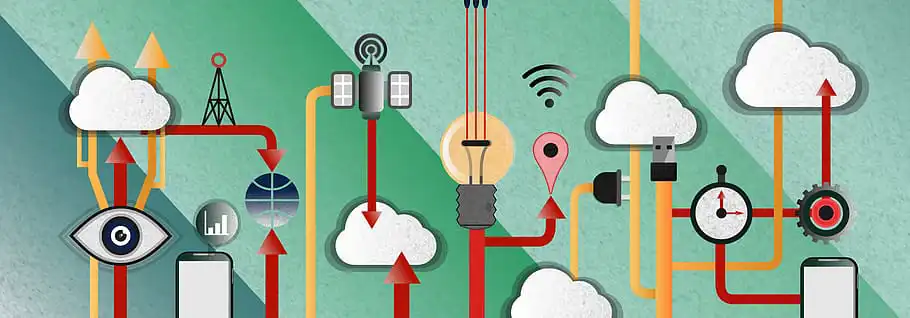Artificial Intelligence in Apple
Artificial Intelligence (AI) is becoming an integral part of our everyday lives. One company at the forefront of this revolution is Apple. Apple has integrated AI technology into almost all its devices, bringing about massive changes in the way people interact with their devices.
Apple brings AI to everyday use by integrating it into the hardware of its devices. From the iPhone's Face ID technology to the Apple Watch's heart rate monitor, AI is a crucial part of Apple's ecosystem.

However, Apple's AI technology relies on a model where data is sent and processed in the cloud. This is similar to how many other tech companies, like Amazon and Google, operate.
While this cloud-based model is cost-effective and allows for seamless interactions, It raises concerns about data privacy and latency.
Shifting AI to Hardware
Recognizing these concerns, Apple is reportedly planning a significant shift. The company is looking at running AI directly on devices, effectively making their technological ecosystem more private and faster.
This move will rely on the power of Apple's hardware to process AI functions, reducing the need to send data to the cloud.
This move by Apple aims to improve user experience by speeding up AI processes and ensuring data privacy. The shift towards hardware-based AI also represents a leap from the current cloud-based AI model used by most tech companies.
Apple’s initiative, if successful, could well redefine the AI landscape.
Benefits of On-Device AI
Running AI on devices brings several benefits. First, it reduces latency significantly, thereby speeding up AI functions. This results in a more immediate response from devices, enhancing the user experience.
Second, on-device AI increases data privacy. Since data processed directly on the device does not need to be sent to the cloud, the risk of data breaches is reduced.
And finally, operating AI directly on devices would decrease network traffic, allowing smoother and faster internet connections.
This move by Apple potentially offers greater data security and better functionality of artificial intelligence.
Apple's Approach to Hardware-based AI
Apple's shift to hardware-based AI is not entirely surprising. The company has been investing heavily in chip design over the past few years.
Apple's chips are some of the most powerful in the tech industry, capable of managing demanding tasks such as AI functionalities effectively.
By harnessing the power of these chips, Apple will be able to run AI directly on devices. This will reduce data transfer to the cloud, thus enhancing privacy and reducing latency.
With this approach, it is clear that Apple is leveraging its strength in hardware manufacturing to change the AI landscape.
The Future of AI in Apple
Apple is not the only company exploring the idea of hardware-based AI. Other tech giants like Google and Amazon are also investing in similar initiatives.
However, Apple's move is unique because of its heavy emphasis on privacy. The company has made clear its commitment to privacy by performing AI functions directly on the device.
While it remains to be seen how successful Apple's experiments with hardware-based AI will be, it is evident that the company is on an ambitious path.
Apple’s move stands as a bold step forward in the pursuit of better AI performance, highlighting the role of hardware in the future development of artificial intelligence.